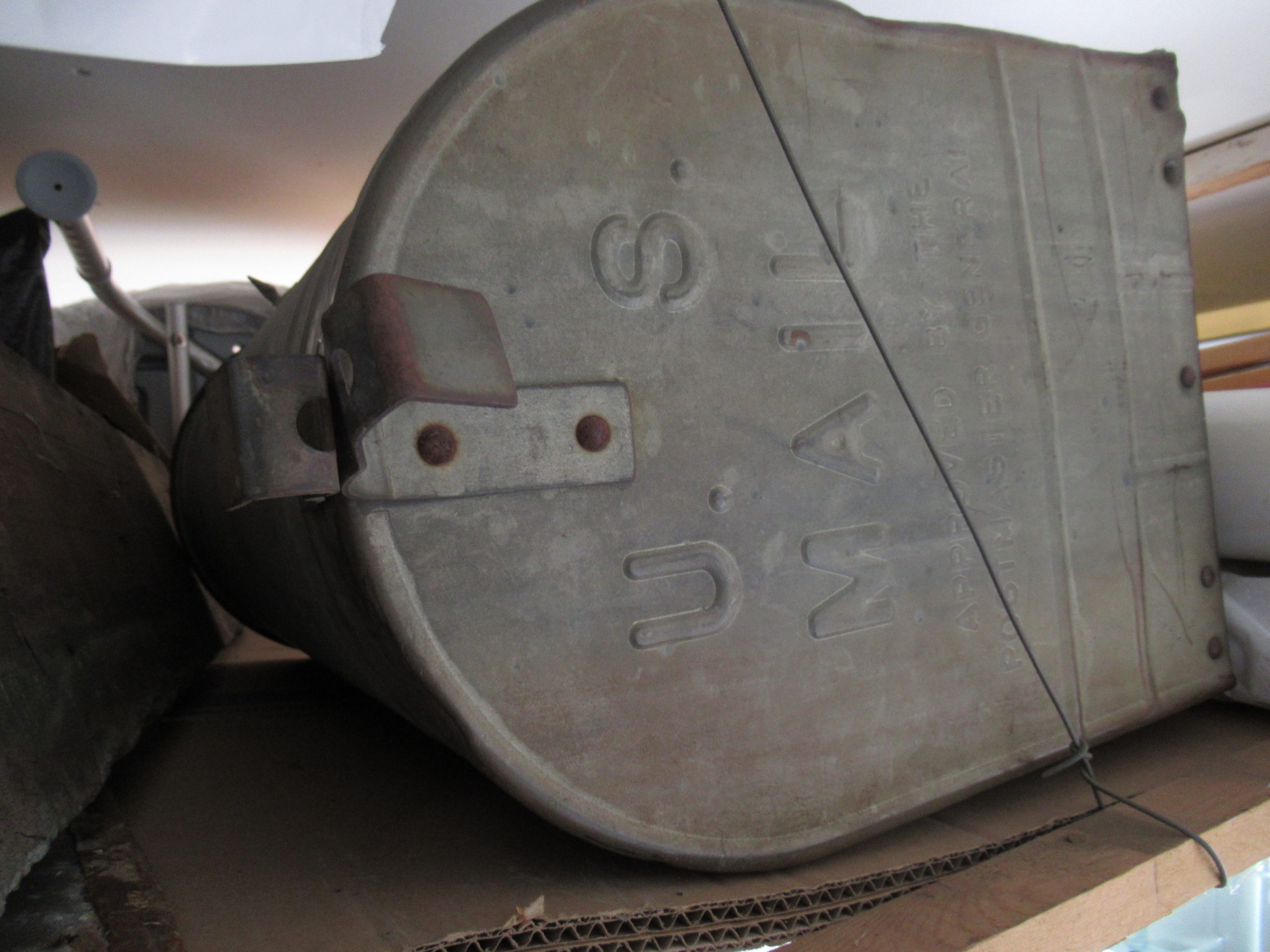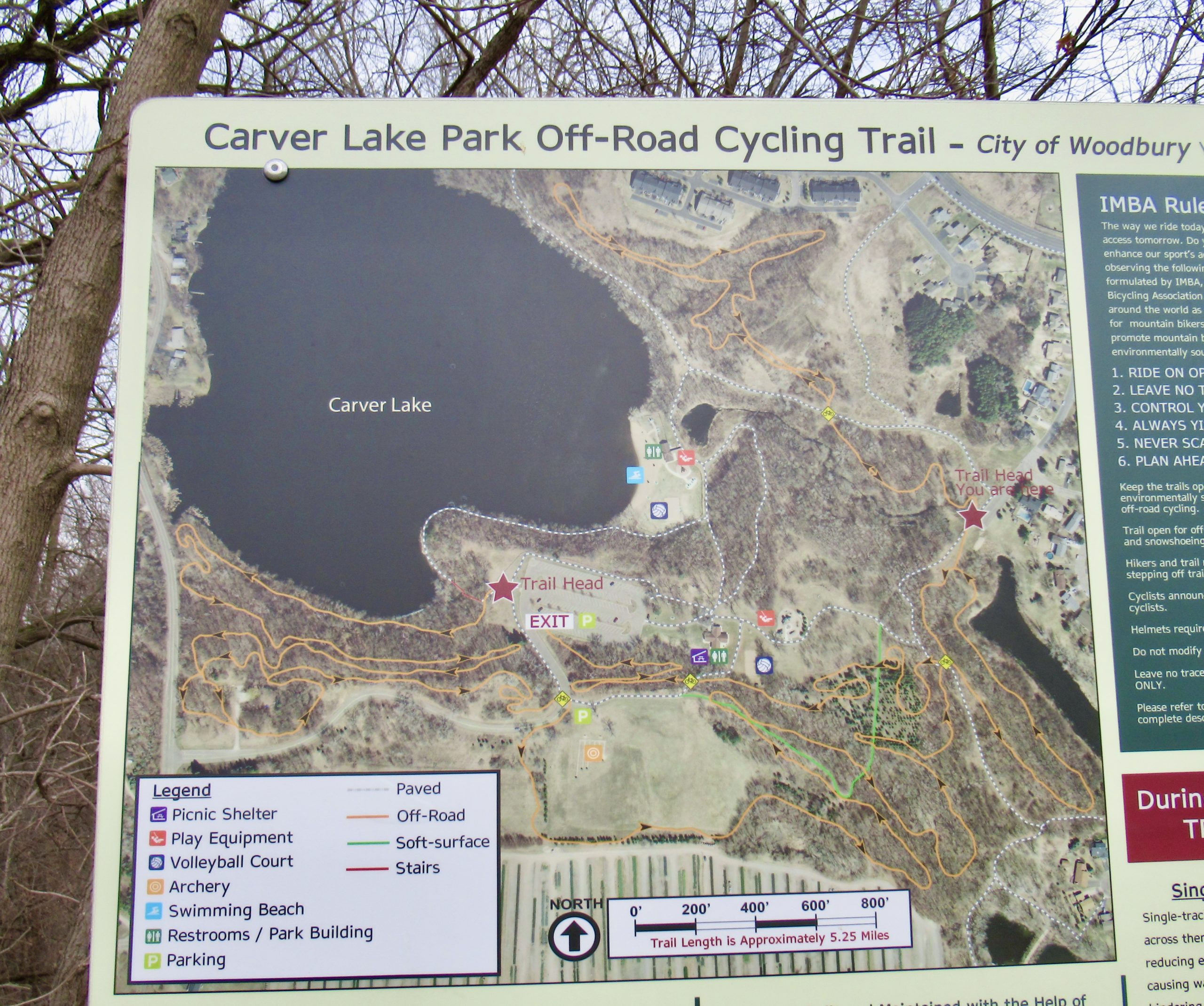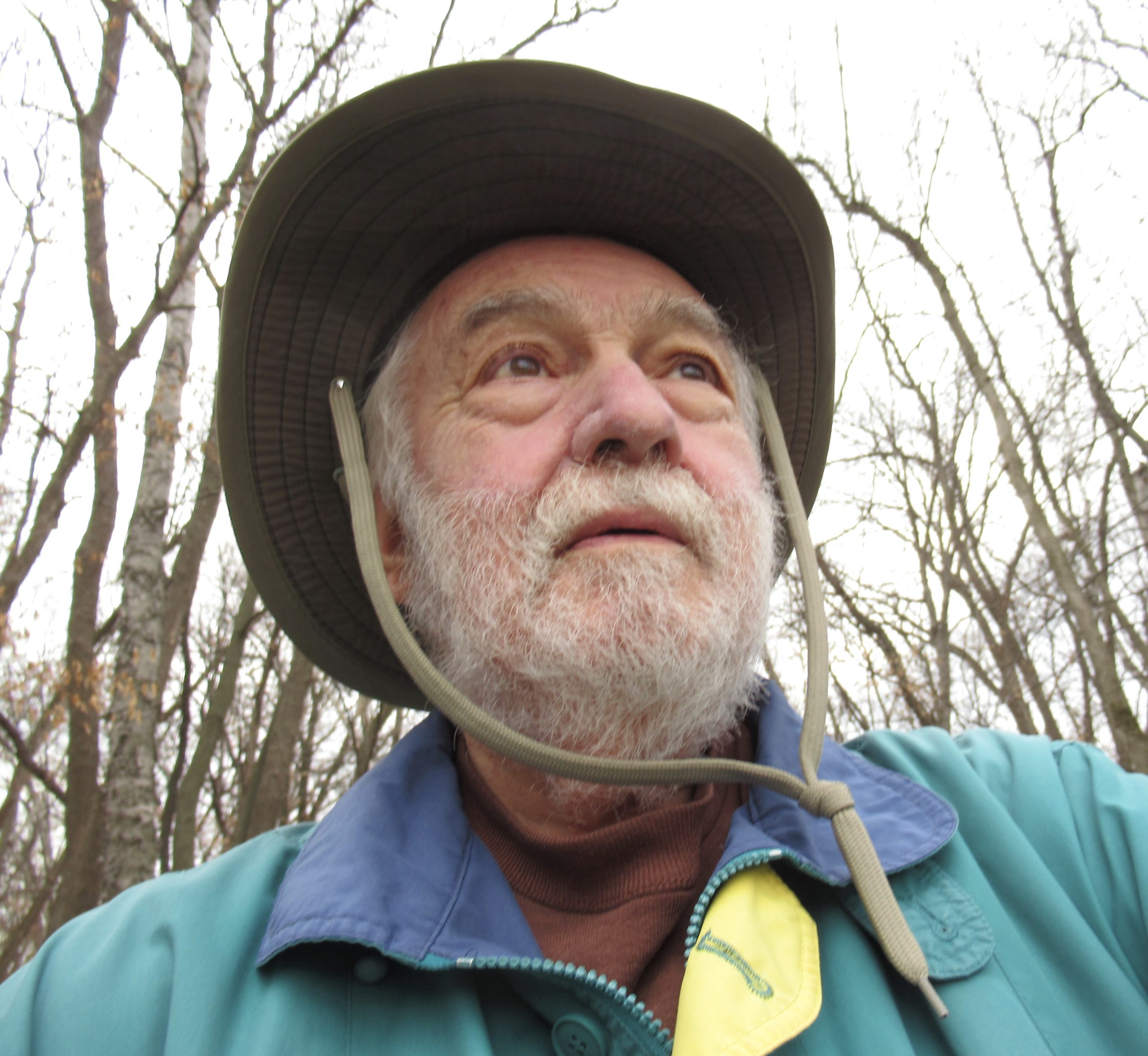PRENOTE: Have you filed your 2020 Census Data? The website is here. A mailer should have been received at your address earlier in March. It is very easy to complete, and very important.
*
Today was to be my annual tax appointment. It was cancelled due to the Minnesota lockdown. I submitted the paperwork on Friday in the event my tax preparer can do the preparation without my attendance.
I would venture that it is the rare person who likes the word ‘taxes’. “Death and Taxes” are a common pair.
I think I have all but one of the tax returns filed since my first, which would have been about 1964. One I misplaced. 56 years. There is no reason to keep the others, but once the tradition started, it took root, and in the garage is a large box full of state and federal tax returns. It will be something for my descendants to toss on my departure. “Why did he keep these?” someone will ask….
*
I truly don’t mind paying taxes. I buy Justice Oliver Wendell Holmes Jr.’s declaration “Taxes are what we pay for civilized society.”
I don’t know for sure what my tax bill is for this year. I am pretty sure that it will be similar to previous years: about 15% of our income for State and Federal taxes. Has this broken us? Hardly.
Yes, I know, there are those that aggregate any other conceivable tax to make it seem like half their hard-earned wages go to bureaucrats and other presumed loafers in that despised ‘government’, most of whom are expert in what they do, proven by their long experience doing it, regardless of the title of their position; whether in a cubicle or top floor corner office with windows on two sides. Virtually every one of us are like these folks. We have value.
What’s wrong with paying gas taxes to improve aging roads and bridges, or buy snow removal equipment for a city through municipal taxes? Nothing, of course, unless you think you should get it for free, or for less, or later, when its already too late.
My favorite anti-tax guy was the old codger, during the most heated taxpayer revolution days, who slapped his wallet, as he exclaimed, loudly, “I want my money in my pocket, right here!” It made for good drama, but not for good sense. I was there, sitting near him at a community conversation the night he said it. I wouldn’t be surprised if he’s still saying it, if he’s still alive…I used to see him at the copy machine at the local FedEx, running off his anti-tax flier for distribution somewhere or other.
One does not argue with someone so certain. How about public schools? Fire protection, roads, on and on.
Right now we’re dealing with the consequences of lack of foresight in dealing with a national crisis, COVID-19. We ended up behind the eight-ball because the leadership of the Federal Government dismissed the potential need and all of us are suffering and will continue to suffer from this short-sightedness.
*
If we are smart, we’ll use this episode in our history to take a good hard look at our priorities as a nation. We need a strong central government, with strong United States, working together rather than being forced to compete with each other while the federal level tries to figure out what to do.
We will have plenty of months, this time, to reflect on how, or whether, we choose to work together for the greater good of everyone.
We are all wise in many ways. We need to use our individual and collective wisdom to begin to right this collective train wreck in which we are living.
We can’t do this by our silence.
TOMORROW OR THE NEXT DAY: Breakdown in Communications.
More if you wish: Modified Happy Talk.
COMMENTS (More in the comments section):
from a good friend: I wouldn’t mind paying taxes if those taxes are spent on useful things, however, if you look at the budget of the Federal Government, one of the largest expenditures has to do with defense spending. I may have told you that during my last few years at [a defense related industry], I worked with the Air Force and Navy to define defense systems that could improve their military effectiveness and could save each service several hundred billion dollars over the next system life span. The Air Force showed some interest, but not so in the Navy. The issue is that as you modernize and streamline, many of the positions that the officers were eyeing for their next promotion would disappear, hence there was strong objections to modernizing. Just a fact of life, until we get a commander-in-chief that has the intellect to figure it all out.




